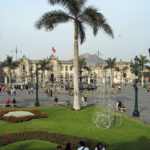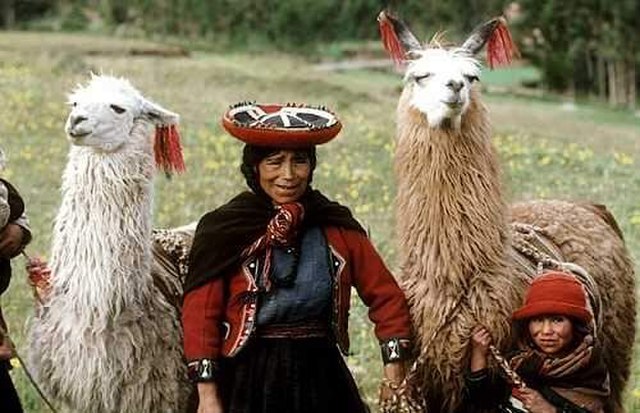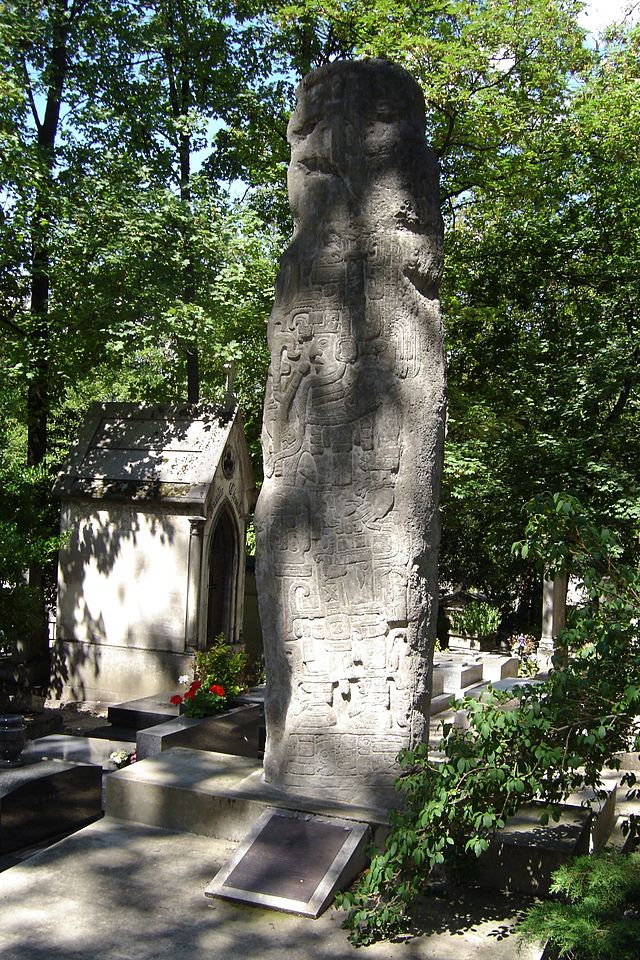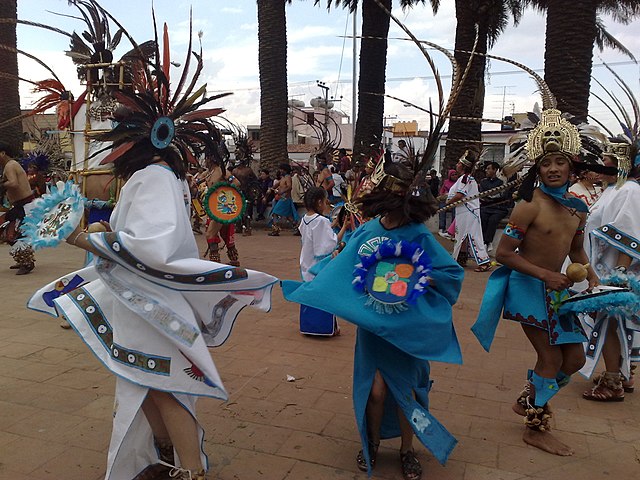Latin America, a region renowned for its cultural diversity, is shaped by indigenous communities that play a crucial role in its history and identity. Among the various indigenous languages spoken there, Quechua stands out as a linguistic treasure that reflects the rich heritage and resilience of its indigenous peoples. This essay aims to explore the importance of the Quechua language in the region, tracing its historical significance and highlighting ongoing efforts to preserve and revitalize this invaluable linguistic heritage.
Quechua traces its origins to the Inca Empire, where it served as the lingua franca of an expansive civilization that spanned vast territories across the region. As a language deeply rooted in the ancient traditions and cultural practices of indigenous communities, Quechua embodies a profound connection to the pre-Columbian civilizations of Latin America. It serves as a living testament to the endurance and resilience of these cultures, preserving their wisdom, values, and worldview through its unique linguistic expressions.
One of the most significant aspects of Quechua is its role in shaping cultural identity. The language serves as a foundational element of indigenous communities’ sense of self, reinforcing their distinct heritage, customs, and traditions. Through Quechua, these communities maintain a vital link to their ancestral past, fostering a sense of belonging and strengthening cultural cohesion.
Preserving Quechua is not only crucial for the indigenous communities that speak it but also for Latin America as a whole. Linguistic diversity is an essential aspect of cultural heritage, representing the intricate tapestry of the region’s society. By protecting and promoting indigenous languages such as Quechua, Latin America acknowledges the contributions of indigenous cultures to its collective identity, fostering a more inclusive and respectful society.
Quechua is spoken in several countries across the region, including Peru, Bolivia, Ecuador, Colombia, Argentina, and Chile. The widespread presence of Quechua demonstrates its enduring significance and the deep roots it has established within the social fabric of these nations. Each country has its own regional variations and dialects of Quechua, reflecting the diverse cultural landscapes and historical influences within the Quechua-speaking communities.
Quechua, like many indigenous languages, has faced significant challenges throughout history. The impact of colonialism, social marginalization, and the dominance of Spanish as the official language have threatened the vitality of Quechua. However, there is a growing recognition of the importance of linguistic diversity and indigenous rights in contemporary Latin America. Efforts to revitalize and promote Quechua are gaining momentum, driven by a deep appreciation for the cultural richness embedded within the language.
Education plays a crucial role in preserving Quechua. Bilingual education programs that incorporate indigenous languages, including Quechua, into school curricula are emerging across the region. These programs aim to instill a sense of pride and identity among indigenous youth, encouraging them to embrace and utilize their native language.
Furthermore, the media and literature have become powerful tools for preserving and promoting Quechua. The emergence of Quechua-language media outlets, radio stations, and literature provides platforms for the language to thrive. Writers and poets are producing works in Quechua, offering contemporary expressions of indigenous culture and identity. These creative endeavors contribute to the preservation of Quechua, strengthening its presence in both traditional and modern spheres. The preservation and revitalization of the Quechua language are of paramount importance to Latin America. As a living link to ancient civilizations, Quechua embodies the rich cultural heritage and wisdom of indigenous communities across the region. Spoken in countries such as Peru, Bolivia, Ecuador, Colombia, Argentina, and Chile, Quechua serves as a unifying force, transcending national borders and reinforcing the shared cultural identity of the region’s indigenous peoples. Efforts to preserve and promote Quechua reflect a broader recognition of the significance of linguistic diversity and indigenous rights. By honoring and revitalizing Quechua, Latin America celebrates the invaluable contributions of indigenous cultures, fostering a more inclusive, respectful, and culturally vibrant society. Through collective efforts to preserve and promote Quechua, we embrace the enduring legacy of the region’s indigenous peoples and enrich our understanding of the diverse tapestry that shapes Latin America.










